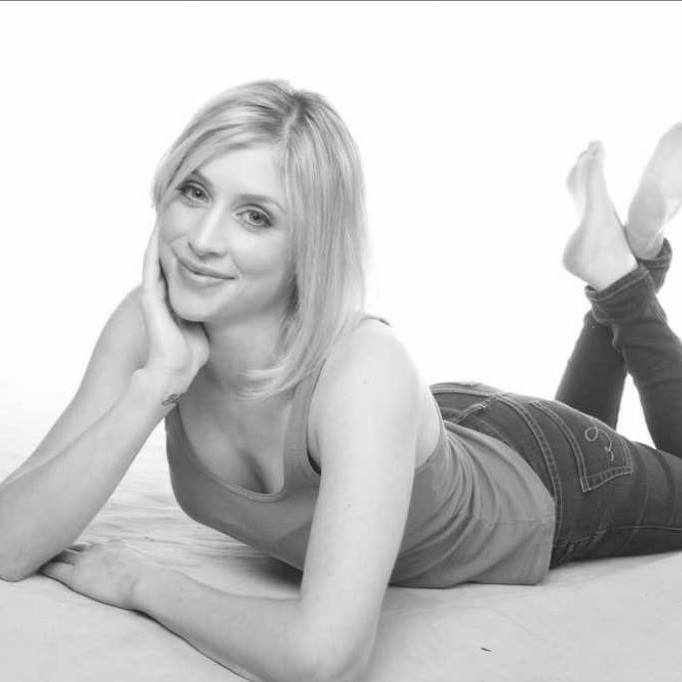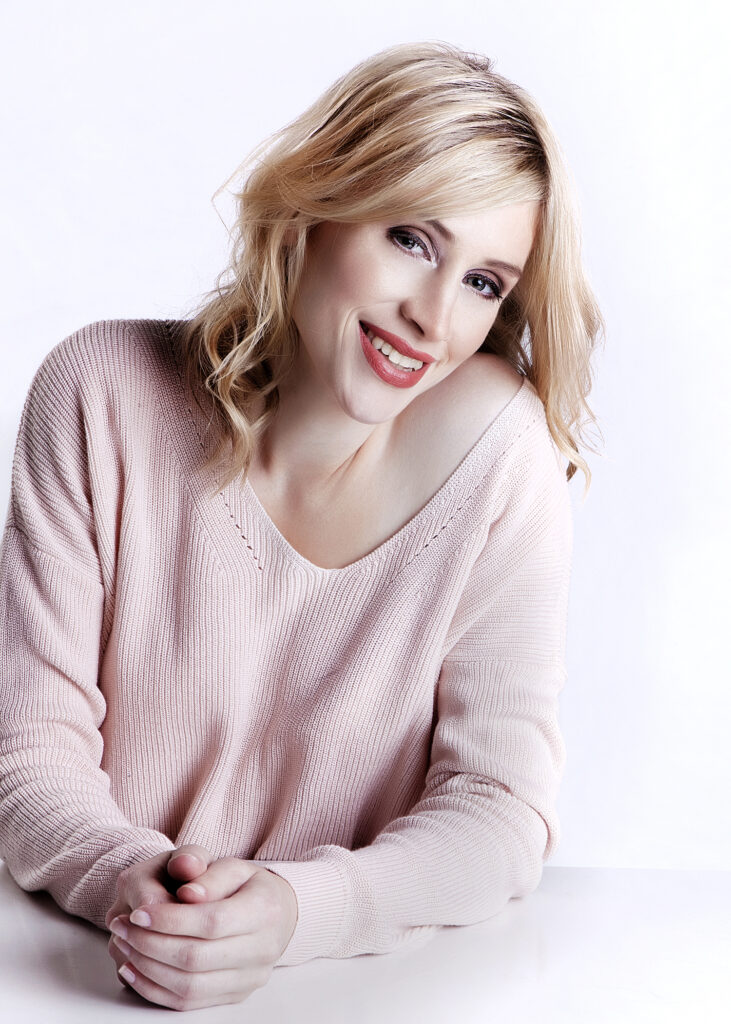Jacqueline Cripps is an author, speaker and consultant. She helps organizations understand millennials to bridge the ‘gap’ between older and younger generations, so workplaces can flourish. As a speaker, Jacqueline delivers customized, captivating, authentic and direct professional insights surrounding a variety of topics around millennials and generational diversity in the workplace.
FWM: You are well-known as the “millennial translator,” tell about the trends you are seeing today.
The millennial generation are a unique generation, not just in who they are as people, but the unique experiences they have experienced and continue to face. Millennials are a generation of people who are experiencing rising debt, job insecurity, housing unaffordability, social media addiction and rising rates of mental health. Trends which have only been impacted more so, by recent global events with Covid-19. Fuelling a lot of anxiety, fear and uncertainty around the future: what it means for us, what it looks like and how to navigate existing and new challenges.
For my millennial clients, the biggest areas of concern are mental health. There is a lot of uncertainty, lot of fear, lot of anxiety and I think this will present as a compounding issue for the world: the strain of mental health challenges, not just on an individual basis, but collectively as a society. And what will this strain mean for organisations, and society? What is the cost going to be? Financially, who is going to cover the cost or the debt? How do we support those in need?
With that said, we are in a unique position for many reasons. To give one example – the global shift in demographics is placing millennials in the driver’s seat of leadership and management positions across many organisations around the world as we are predicted to become the largest workforce generation in the next 5 years. Covid-19 is forcing many organisations around the world to reassess ways of working. Which for a lot of millennials is a blessing, especially for those who have been working within the constraints of ‘traditional structure’ that have been resistant to flexible ways of working, including remote working and using tech. So from a employment point of view, millennials will likely benefit in the long term, as preferred ways of working are more likely going to become the norm.
FWM: Share your background in policing, child protection, and investigations.
I’ve always had desire to help people, and this desire led me into an early career serving as a police officer, in Tasmania (state in Australia) following graduating from University.
This period of my life I found challenging but rewarding. You see the best and worst in people – and the things you are exposed to can be tough. But for me, the chance to show up to situations as the ‘problem solver’, to help others and to leave a shift and feel like you’re making a difference was really important to me.
Following my policing career, I worked with another government organisation where my role was to conduct complex case assessment and investigations with the sole aim of protecting children from physical and sexual harm. Like policing, sometimes it was tough; but fundamentally that feeling of knowing you’re helping others, and in this case children, was what made this role worth it.
FWM: As a Consultant, what are key areas of concern from clients today?
The key areas of concern from organizations I work with, are simply understanding the millennial generation and their millennial employees. Millennials are a heavily misunderstood generation of people. And as a result, we see a lot of discord, conflict and disharmony playing out in the workplace, a lot of growing levels of disconnect with millennials and a perceived inability for both organisations and millennials to do anything about it. Which is where I help bridge that gap: helping organisations understand their millennials and help millennials better understand their own behaviour in the content of workplaces (or personally).
Having had the personal experience in the workplace of feeling disconnected, experiencing the “what happens when generational diversity” isn’t understood, yet also understanding the psychology of millennials, I find this combination is of huge value when it comes to translating those needs to both parties, where mutual respect and collaboration are truly possible.
FWM: Tell us about your podcast series (Covid-19 on Toast). Where can we find it?
This podcast was born out of a need to give back to millennials during the covid-19 pandemic. Hearing conversations, seeing the impacts it was (and is) having on millennials all around the world, I felt a desire to do something; to give back during a time of need.
I reached out to a friend to support with this, and together we created a 20-episode series in a short 5-6 weeks. We interviewed 18 millennials (including us) from all around the world in a 4-week period and released 20 min (“bite sized”) episodes 3 times a week for “brunch”.
Following the same philosophy as my book Smashed Avocado and the Quarter Life Crisis, it was a chance to have an honest, authentic conversation around the biggest challenges being faced by millennials during covid-19 (e.g. employment, social media, mental health, finances) but more importantly, to give millennials something out of it: hope, advice, tips – assurance that we can all get through this.
The podcast can be found on Spotify, Stitcher, Apple podcast, Google podcast, Overcast, Breaker, and Castbox.
FWM: What are topics around millennials and generational diversity in the workplace in your upcoming speaking engagements?
Covid-19 has seen a couple of events cancelled, however I recently presented at the Women of Silicon Roundabout (London) conference which was held online. This was an interim arrangement with this conference being pushed out to a little later in the year, where I’ll be presenting again.
The topic presented was on ‘The emerging workforce’ – discussing the global shift in workforce demographics and trends, what this means for organisations, including impacts.
At the end of the month, I’ll be presenting at the Women in Data Symposium July 2020 (Berlin chapter). The topic I will be presenting on, is ‘Managing a millennial workforce’, to help organisations understand and manage millennials in order to get the best out of them.
Further conferences this year are pending covid-19 😊
FWM: Tell us about your book, #WTF is happening with my life? A guide to getting your sh*t together. What inspired you to write it?
I had always had a desire to write a book – but if someone had ever told me it would be result from my own life experiences (i.e. not having my shit together), I would have never believed it.
Having spent the first 25 years of my life being “chronic victim” – complaining, moaning, and blaming everyone else and the world for my problems – I finally reached a point where I woke up. I found the answer: the realisation that the reason my life was “abysmal” was because I was the problem. My life was a direct result of who I was and what I had created; that everything I had experienced and was experiencing had greater meaning and purpose behind it. All the issues, situations and events that life had thrown at me – were in fact opportunities to learn, to grow and to evolve. And I wasn’t just totally responsible but had the choice to shift my perspective and fundamentally alter my life. Which I did.
This realisation and the shift in my life, was lifechanging. So much so, that I felt a strong desire to share. My goal: if I can help one woman, one person, to change her life like I’ve done mine, to shift perspective and to empower, to have that person face and own their challenges, step into their power and move forward, then that for me was mission accomplished. And so, #WTF is happening with my life? A guide to getting your sh*t together, was born.
FWM: Share your goals for 2020.
With half the year down (and despite covid-19), I have been fortunate to have fulfilled speaking goals and goals around travel and residency as I’ve been residing between London and New York City – and will for the rest of the year. I have a manuscript that I’ve been working on (slowly) for a couple of years which I’d love to make solid progress on, and to look at publishing next year. In the meantime, creating the podcast was a wonderful way of achieving a creative goal!
For the rest of the year, my goal is to expand reach: to continue to help as many people (and organizations) as possible. And to do more travel!





